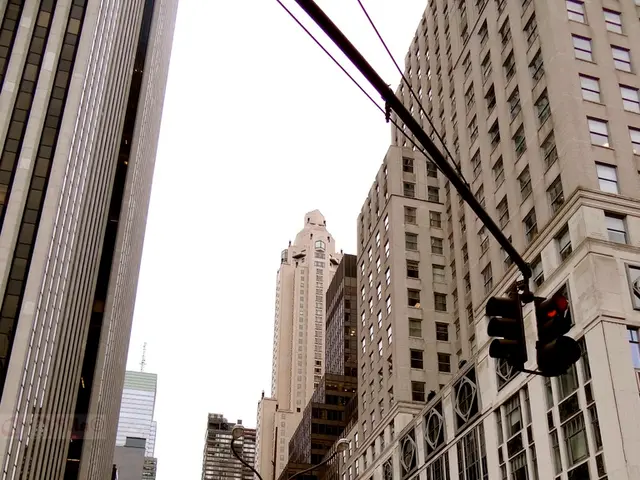EU Explores Circular Economy to Slash Emissions and Boost Trade
The EU is exploring circular economy measures to tackle greenhouse gas emissions, particularly in energy-intensive industries that contribute nearly 15% of the bloc's total emissions. These measures could significantly reduce emissions while improving the EU's trade balance.
Policy recommendations include enhancing recycled material quality, promoting efficient design to reduce resource use, and steering market demand through Green Public Procurement. These strategies aim to lower the EU's reliance on imported fossil fuels and critical materials.
The shift towards circular economy could reduce EU-wide fossil fuel energy demand by nearly 4.7% compared to 2023. It would also lower imports of raw materials and fossil fuels, improving the EU's trade balance by about 4%, corresponding to 35 billion euro. Countries heavily dependent on fossil fuel imports, like Germany, may still be significant importers, but the overall demand reduction would benefit the EU's trade balance.
Circularity measures could be particularly effective in reducing emissions in the steel sector (64 to 81 million tonnes of CO2 equivalent per year) and the plastics sector (75 to 84 million tonnes of CO2 equivalent per year). Improved materials management in these industries could help EU industry reduce between 189 and 231 million tonnes of CO2 equivalent per year.
By embracing circular economy measures, the EU can significantly reduce greenhouse gas emissions in energy-intensive industries, lower its reliance on imported fossil fuels and critical materials, and improve its trade balance. These measures present a triple-win opportunity for the EU, its industries, and the environment.
Read also:
- Aiming to simplify the move towards cleaner automobiles, the newly established ministry plans to take direct action with Pannier-Runacher, Létard, and Vautrin at the helm.
- "The imperfect yet essential documentary, "Planet of the Humans," raises challenging and uncomfortable inquiries"
- Exciting Escapades of Tintin
- More than half of British homes adhere to insulation standards established during the 1970s.








